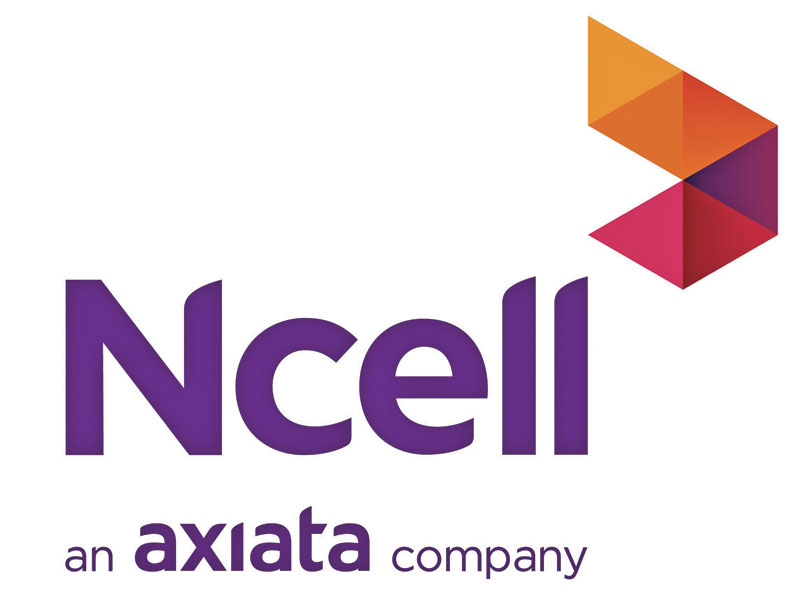Ncell expresses commitment to make ‘Digital Nepal’ a reality
Kathmandu, June 7
Ncell, the leading GSM mobile service provider of the country, announced today that the company is all set to deploy technology neutrality on 900 and 1800 MHz band to double its fast mobile internet footprint via 3G to 60 per cent of the population.
With technology neutrality, Ncell can enable more than 17 million Nepali in Nepal to enjoy fast mobile internet service, as per a media release.
The extended coverage areas will include more than 1,000 rural and remote villages — for example, Deuralikot of Bajhang, Shreenagar of Mugu, Jhong in Mustang, Malta of Lalitpur and Tingla of Solukhumbu. “These villages will have access to fast mobile internet for the first time in their life, which will contribute to bridge the prevailing digital divide, bringing immense positive changes in the lives of people, economy of those communities and social arena.”
A World Bank report has said access to mobile broadband can give an immediate impetus to economic growth, with every 10 percentage point rise in broadband penetration raising economic growth by 1.38 percentage point.
“We are excited about the great impact that technology neutrality is set to bring to the people and the country, especially in term of access to internet, creation of new opportunities and GDP growth,” the release has quoted Simon Perkins, managing director of Ncell, as saying. “We have committed to resources, knowledge transfer and investment with up to Rs 30 billion in infrastructure and services accordingly to achieve this goal. Together, we shall collectively realise the national goal of building ‘Digital Nepal’.”
As a part of this commitment to nation building, Ncell has introduced 4G in Kathmandu Valley on June 1, empowering customers in the Kathmandu Valley, Banepa and Dhulikhel with 4G services so that they are able to take benefits of the LTE technology. The company is also planning and testing 4G service in 40 other cities nationwide, embracing a target that 15 per cent of population have access to 4G coverage within 2017.






